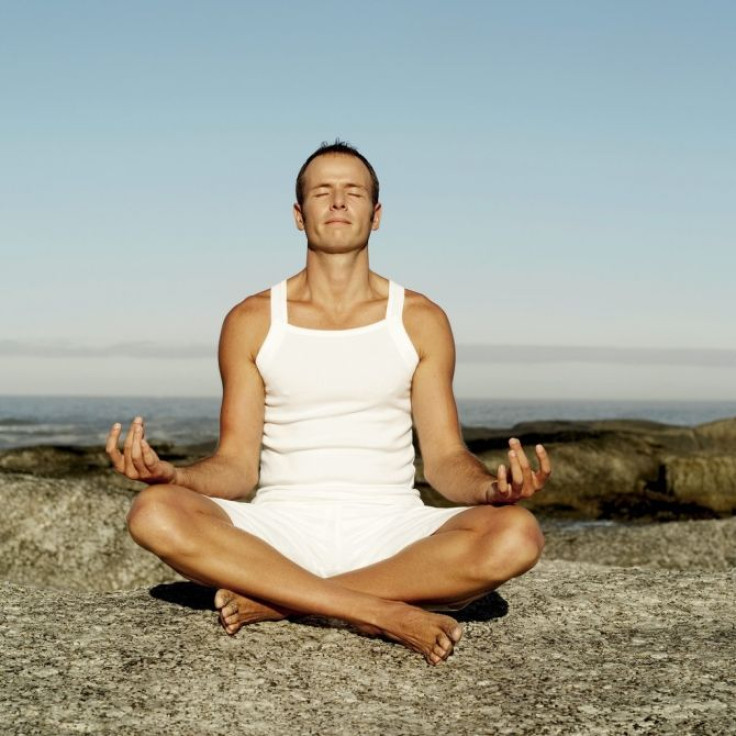Yoga and Meditation May Help Heart Health

Our heart…we cannot live without it and it would behoove us to take care of it as best we can. While there are no ironclad ways to guarantee we will stay healthy and never succumb to disease, we have a lot more control than we think. Many issues that negatively impact our heart health are due to poor lifestyle choices. While in certain situations we may not be able to forgo medications, surgeries or other conventional treatments, you may consider turning to some ancient practices to deal with the health problems often triggered by modern day living.
Meditation
Many people in the West associate meditation with spiritual pursuits and if you do not consider yourself spiritual, you may be reluctant to try it. As a regular meditator, I gained tremendous benefit from it in a spiritual sense but I have also reaped more practical benefits in terms of reduced stress and increased sense of relaxation and well-being. If you are interested in natural ways to improve your physical health, seriously consider this simple act.
This ancient spiritual practice appears to benefit heart health specifically. A review of studies published in the March 2012 issue of The International Journal of Hypertension concluded that meditation has been shown to make significant improvements in blood pressure; they note that more studies are needed to make any firm recommendations, but it certainly cannot hurt to try it rather than waiting around for official recommendations – meditation is a pretty safe activity.
Yoga
Like meditation, this practice surely has a spiritual bent but has practical applications also. Yoga is a great stress reliever; it makes your body and mind feel good, and the breathing exercises that often accompany the poses are great ways to induce relaxation. According to a review of studies published in the January 2011 issue of the Journal of Mid-Life Health, yoga may benefit heart health on various fronts. It notes studies have shown positive effects on blood pressure, symptoms of heart failure, improving and hastening cardiac rehabilitation and reducing risk factors for the development of heart disease. Besides its effects on stress, particular poses are said to stimulate certain processes and affect specific parts of the body, which would in turn impact the conditions we suffer from; it is possible yoga actually affects our physiology beyond the stress response.
While yoga is a generally safe activity, there are some precautions. If you have certain conditions, certain poses may be inappropriate. For example, if you suffer from eye problems, poses where your head dips below heart level may increase pressure in your eyes. If you take up yoga classes, make sure you notify the instructor about any health issues you have; he or she may suggest you avoid certain poses or will suggest safer modifications to accommodate you. Remember too, that it is not a competition; do not worry about whether the people next to you can bend farther or twist more deeply. Go at your own pace and listen to your body.
Closing Thoughts
It makes sense that these practices would be good for the heart. Much of our stress comes from how we are viewing and reacting to the experiences in our lives, and our inability to separate our consciousness from our raging river of thoughts. The silence, calmness and stillness inherent in these practices helps us open up a space where we can respond rather than react to the events in our life – this mode of operation reduces stress dramatically. Strengthening this space also helps us deal with our thoughts better; instead of getting all caught up in them, we begin to observe them more without judgment and realize their fleeting nature. It is almost like you become a third-party witness to your inner world.
If you are looking to improve your heart health, consider implementing some natural strategies, strategies that have far-reaching benefits beyond addressing a particular health problem.
Kelli Cooper is a freelance writer who specializes in health and wellness content. She has a passion for healthy living and enjoys educating others so they can take a more active role in their health. If you are interested in learning more about heart health, visit http://www.cvtsa.com/.



























